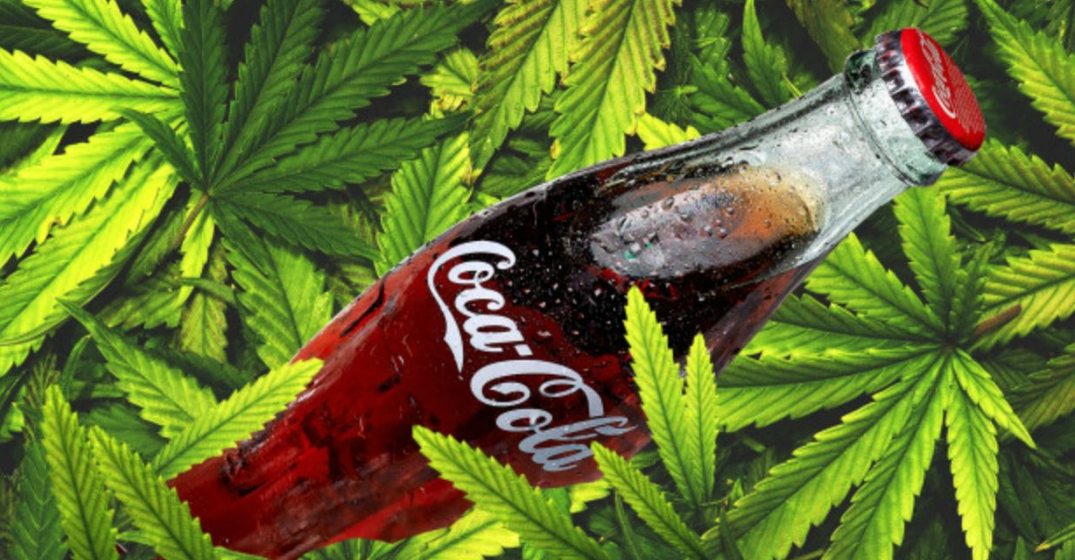The aerated beverage industry has reported a drop of 35% – 40% in volume since the imposition of another 7% Federal Excise Duty [FED] in the February 2023 mini-budget. This has brought the total FED on the industry to an unsustainable 20%. This is an increment of over 50% from 13% to 20% and adversely impacts all the manufacturing companies down the chain — an expected job loss in the thousands. If these regulatory challenges persist, partners could be forced to consider factory shutdowns. These plant closures will exacerbate the loss of corporate and income revenue for the government – an estimated annual loss of PKR 6-8 Billion in terms of FED collection.
The Pakistan beverage industry is among the highest taxed in the world, with 20% FED above and beyond the average food and beverage industry levy. Yet, in the times of a Forex shortage, the aerated beverage industry has led investment, bringing in an estimated $200 million to help improve the Forex Reserves of the country. However, due to their recent measures, the government has now dropped its revenue collections from this industry and stands negatively impacted.
READ MORE: OPPO Announces Kaká as Global Brand Ambassador for its UEFA Champions League Partnership
Based on existing data published in the 2022-2023 Half Year Report of the State Bank Board of Directors, negative growth across several sectors has been recorded. Between H1 FY22 – H1 FY23 the beverage industry alone has shrunk from 5% to negative (-) 8.3%.
The adverse economic consequences of these measures have become increasingly evident and are shared by trade bodies, including the Pakistan Business Council, American Business Council and several Chambers of Commerce. These associations presented recommendations before the Senate committee Chairman and Convener on Finance and Revenue, Senator Saleem Mandviwalla. Coca-Cola was also invited to this consultative session on May 23, 2023 to discuss concerns on behalf of its industry. The company presented a case to lower the taxes applied in February 2023 that are discriminatory, as the tax is not applied on a per-cap consumption of sugar. The industry only consumes approximately 6% of the country’s sugar, and yet is disproportionately taxed.
The beverage sector prides itself in transparent and compliant operations and urges the government to reconsider its taxation policy; specifically requesting an immediate withdrawal of the 7% tax in the mini-budget, as it was initially announced as a temporary, stop-gap measure. A fair and broad-based tax regime would benefit Pakistan’s economic stability and growth.




